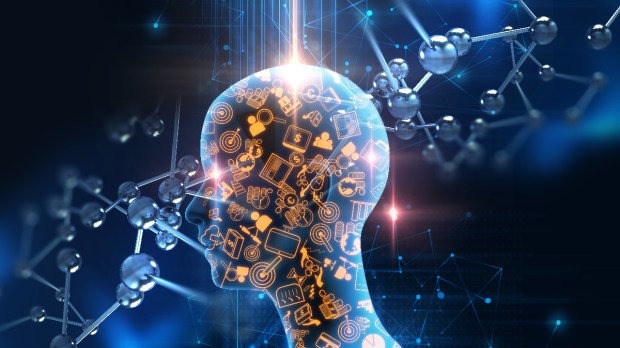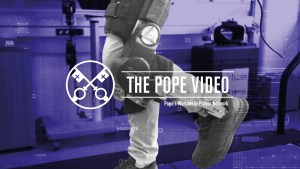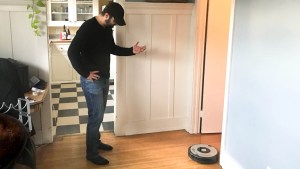Artificial intelligence (AI) used to be nothing more than the stuff of wildly creative science fiction.
If we did imagine such a thing, we pictured benign and helpful AI like sweet R2-D2 from Star Wars.
But as time went on and AI began to be a real possibility, there were darker forebodings. For example, the murderous villains of 2001:A Space Odyssey and Ex Machina are a computer and robot who gain sentience.
Now, in news so strange that it seems to have come from a science-fiction novel, developers of artificial intelligence are speaking out with concerns and calling for tighter laws and restrictions.
A recent New York Times article,“‘The Godfather of A.I.’ Leaves Google and Warns of Danger Ahead,” blares a warning signal about what could come.
But what exactly are the dangers of artificial intelligence? So much of the commentary is long on fear mongering but short on practical details.
And how worried do we need to be?
Let’s take a closer look.
The dangers of AI
Artificial intelligence poses three main risks:
- Disinformation in the short term
- Job loss in the medium term
- Loss of control in the long term
The biggest concern is disinformation, which is already a problem. “There is no guarantee that these systems will be correct on any task you give them,” one researcher told The New York Times, and there’s no way to tell what’s real and what’s fake.
Job loss is the next most pressing issue. An estimated 80% of the U.S. workforce could have at least 10% of their work tasks affected, and 19% of workers might see at least 50% of their tasks impacted.
Loss of control is a fairly distant possibility at this point, but it’s concerning enough that it’s come up a lot in the flurry of coverage.
Hope for the future
Pope Francis spoke about these concerns in 2019. His response is helpful to understand these issues from a Catholic perspective.
He pointed out that job replacement might not always be bad news:
[Robots in the workplace] could put an end to certain arduous, risky, and repetitive types of work – that emerged, for instance, at the start of the industrial revolution in the 19th century – which often cause suffering, boredom, and exhaustion.
But disinformation might be the most serious and pressing concern. He said,
It is possible, as never before, to circulate tendentious opinions and false data that could poison public debates and even manipulate the opinions of millions of people, to the point of endangering the very institutions that guarantee peaceful civil coexistence.
In a worst case scenario, AI-generated disinformation could lead to a future of online distrust. We may see a world in which we can trust very little that we see on our screens.
The flip side
But the flipside to that? What we do in the real world has never been more important.
The more technology becomes dangerous, the more we need to be deeply rooted in our physical reality and our local communities. We desperately need real people and things around us that we can rely on and trust.
Ultimately, there is very little that you and I can do about the future of AI, which is in a few very powerful hands.
This news might be our wake-up call to embrace a “real world” lifestyle, connecting tangibly and in person with other people, and putting less time and attention into the online world.
But that only carries us so far. After all, most of us won’t give up screens completely.
We can find inspiration in the example of saints such as Blessed Carlo Acutis, who enjoyed technology and appreciated it, while not letting it have power over him. Technology harnessed by moral standards is an immense force for good.
So most of all, we can hope and pray that those in power follow Pope Francis’ advice:
A better world is possible thanks to technological progress, if this is accompanied by an ethic inspired by a vision of the common good, an ethic of freedom, responsibility and fraternity, capable of fostering the full development of people in relation to others and to the whole of creation.



